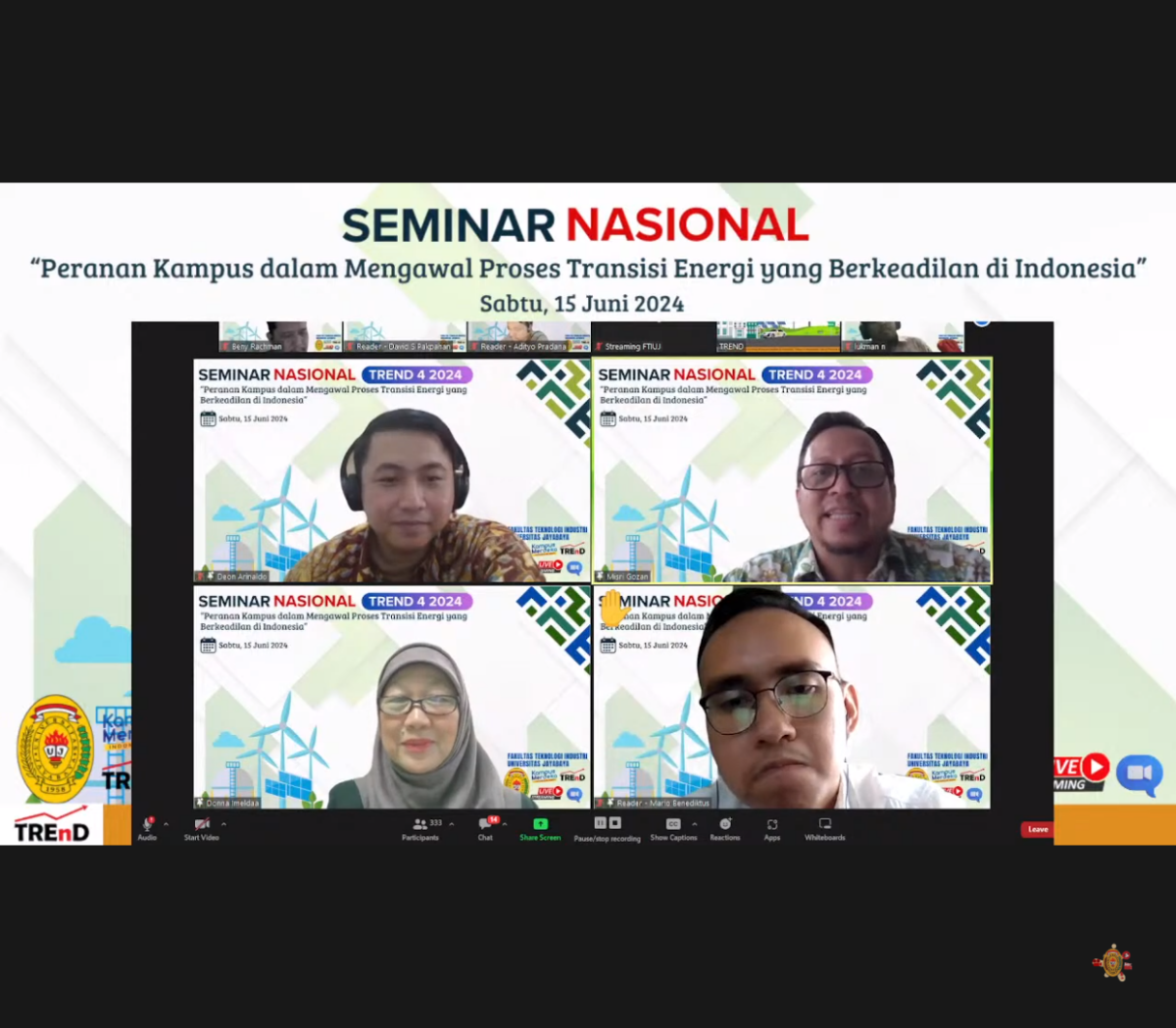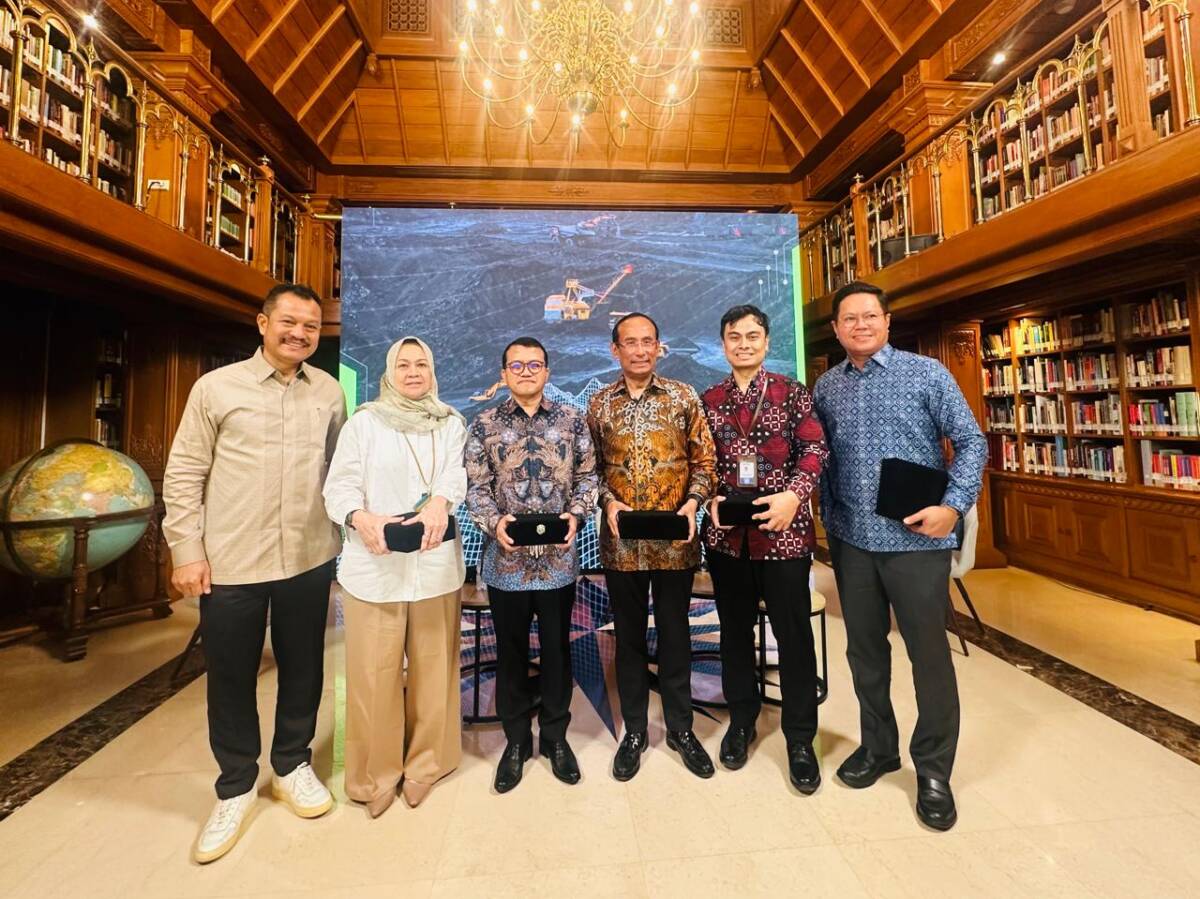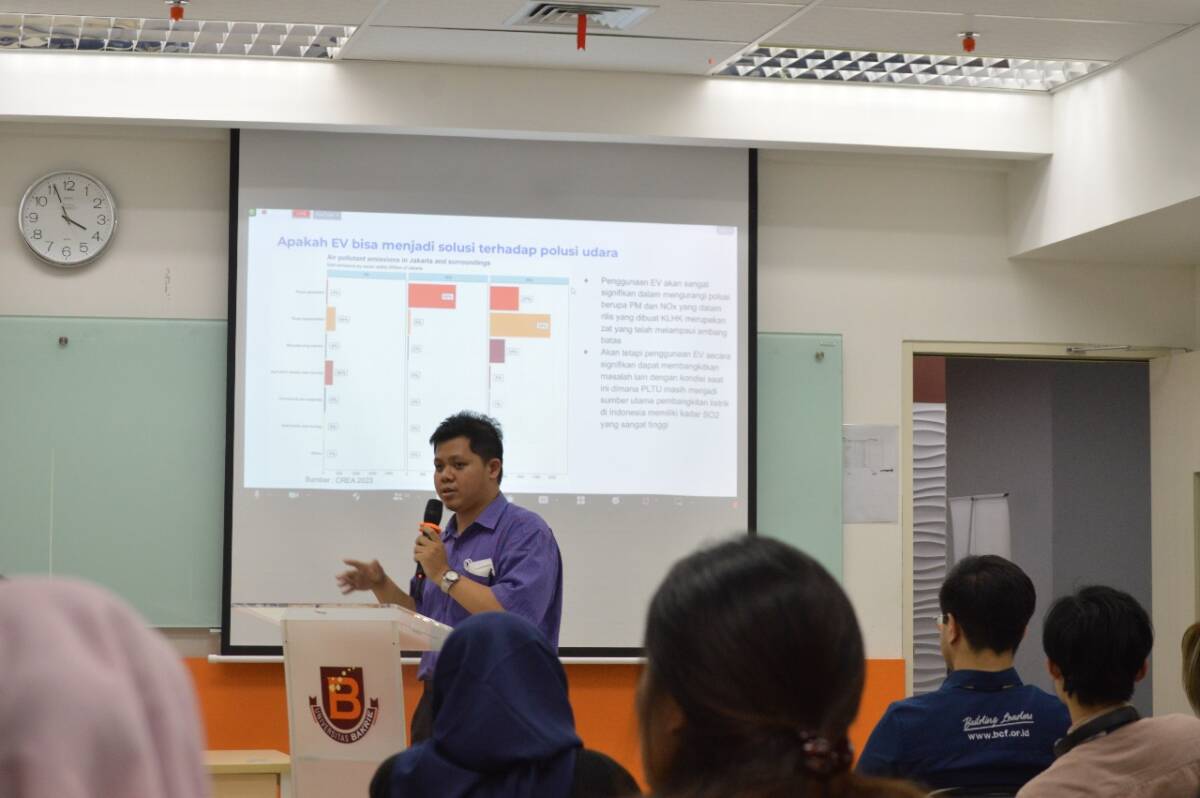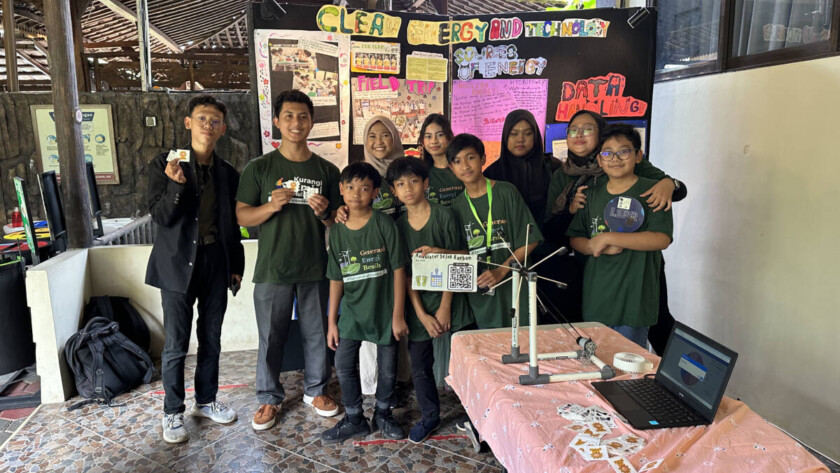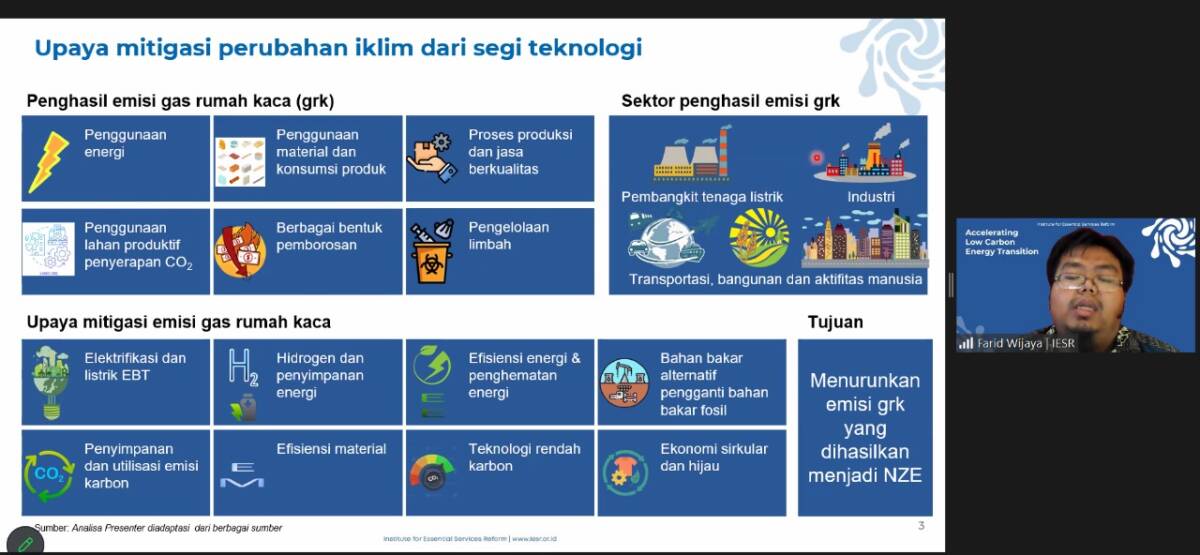Jakarta, 15 June 2024 - Energy transition is a process of changing the energy system that requires more than one phase and must involve various actors. The energy transition will also have a number of socio-economic impacts for residents in areas or provinces whose economies are supported by the mining sector or fossil industry.
Currently,…
